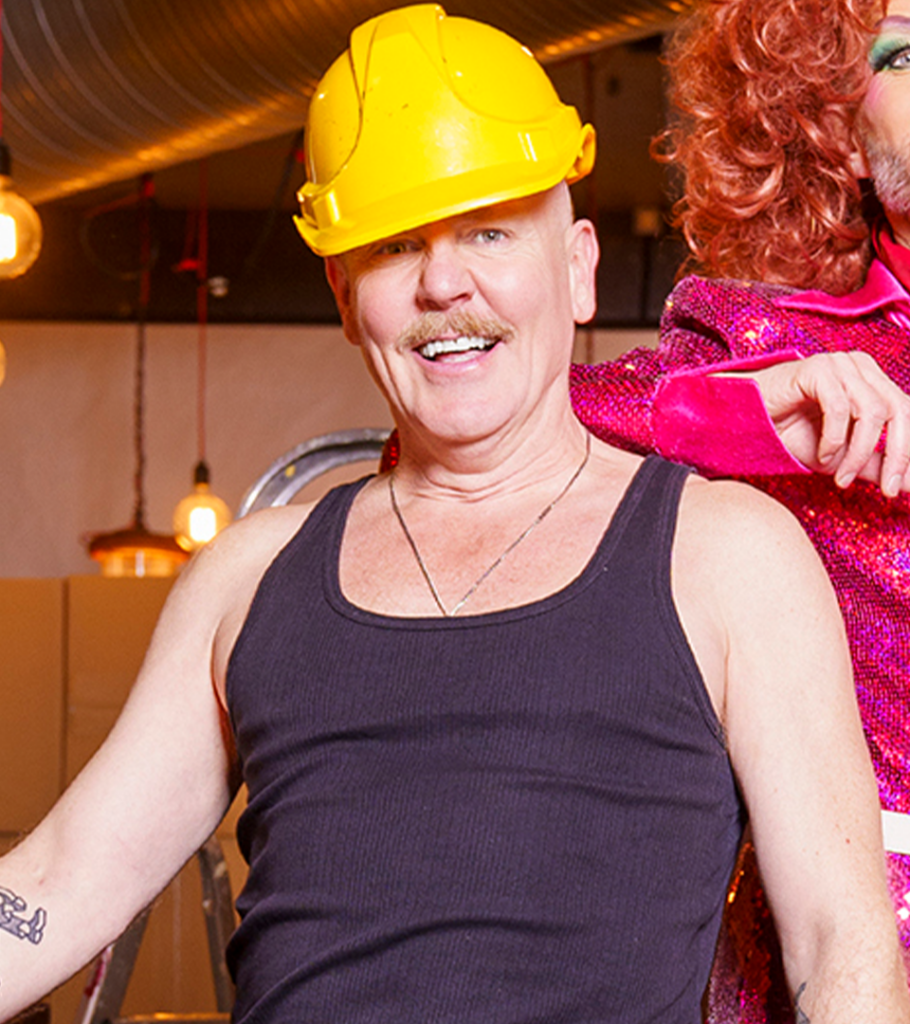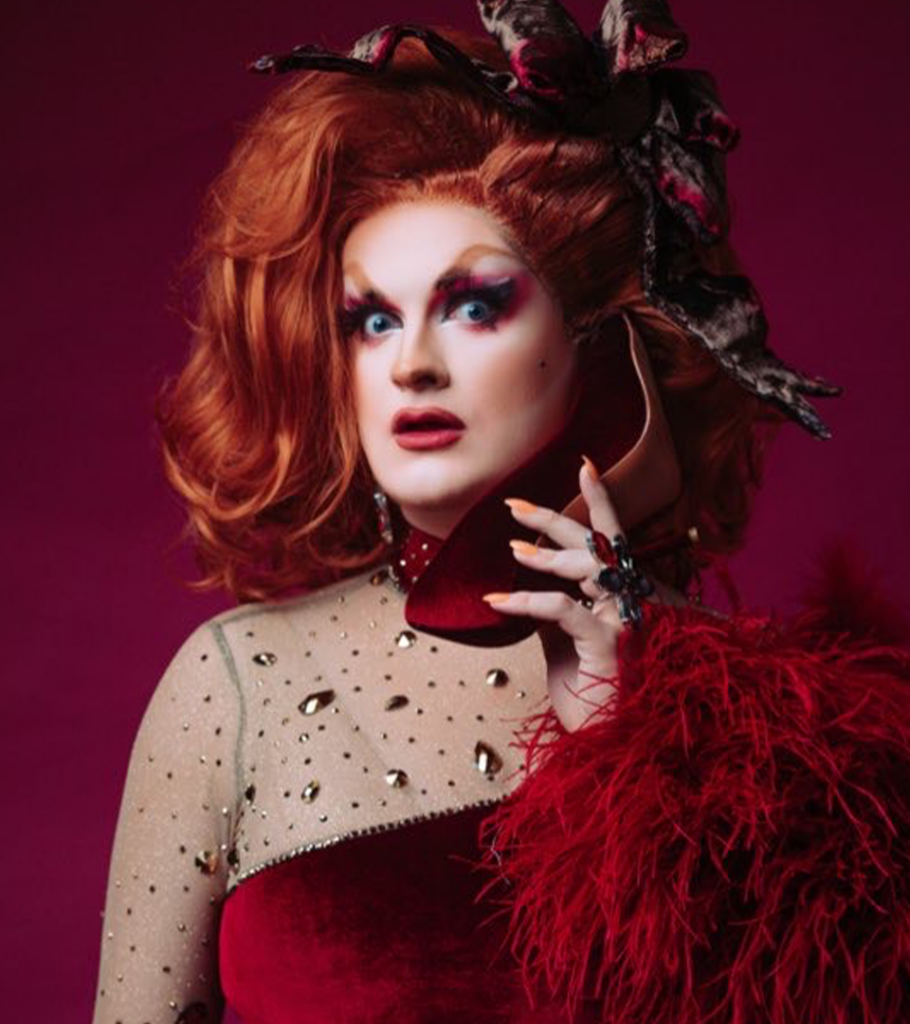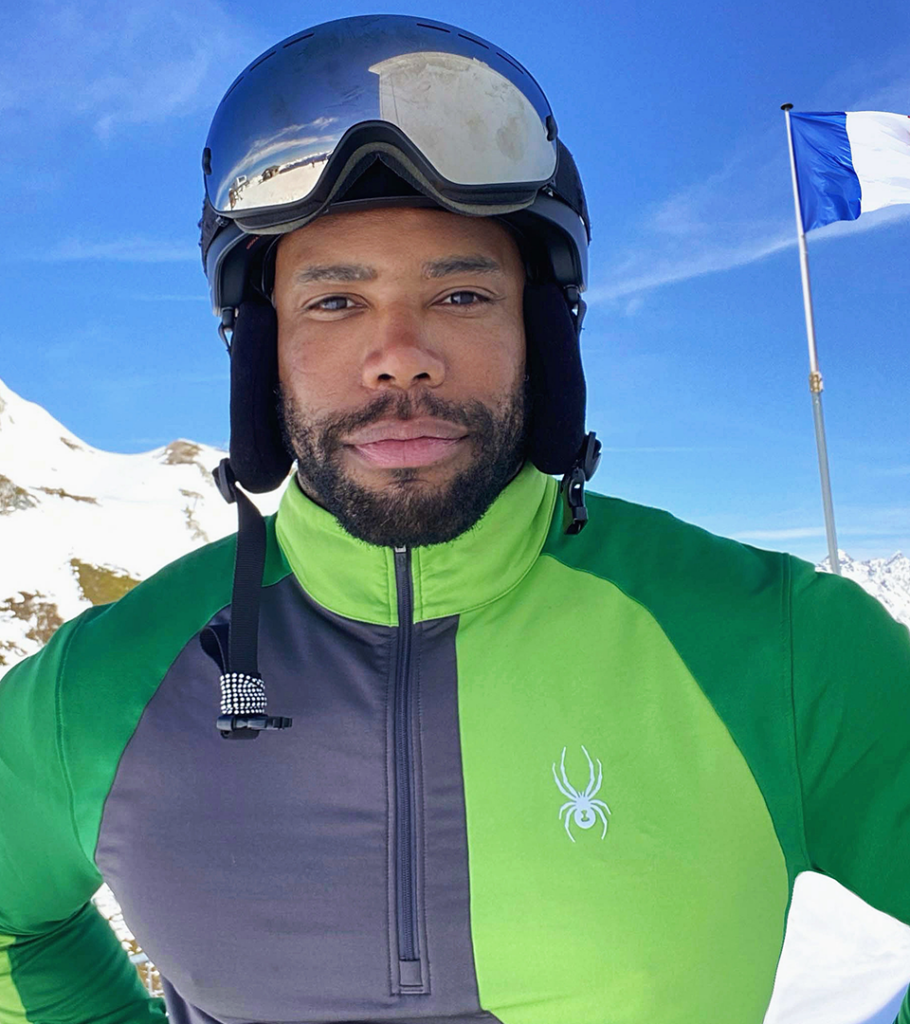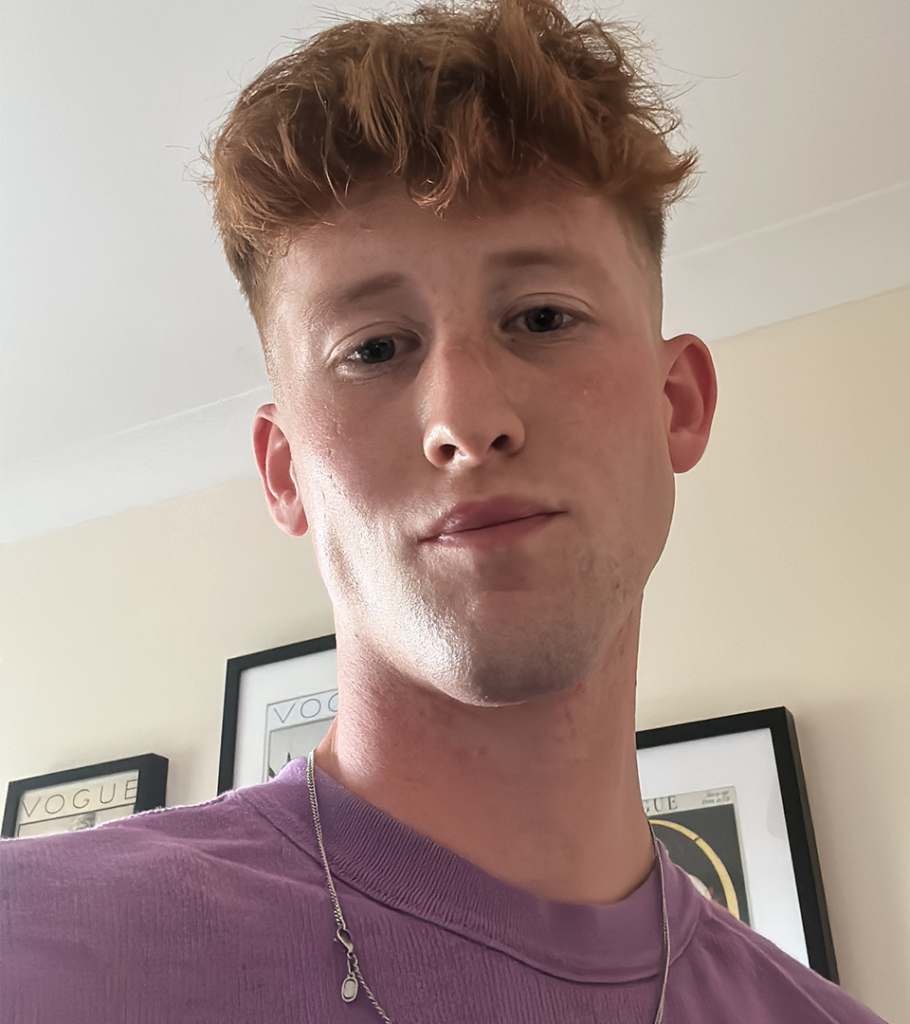Should queer spaces be reserved for the community? Four LGBTQ+ people discuss
Four community members share their thoughts on allowing non-LGBTQ+ people into safe spaces

As LGBTQ+ rights come under attack and homophobic incidents take place queer and safe spaces become even more important. However, in recent months we’ve sadly seen some close and some move and change like The Divine.
In the last year, a number of high-profile and shocking homophobic and transphobic attacks have taken place in and around LGBTQ+ spaces. This led us to ask four members of the community in the latest issue of Attitude – out now – whether LGBTQ+ spaces should be reserved for queer people.
John Sizzle (he/him) Former co-owner of The Glory, now owner of The Divine

The whole world is made for ‘straight’ people — literally everything is designed with them in mind. There’s next to nothing designed specifically for our community, for our culture. After nine years of working on The Glory, I’ve come to realise that venues like these have a role to play in the personal development of a young LGBTQ+ individual, whether that be expressing their sense of style, sexuality, gender, or politics.
People gain confidence in such places. This is the true meaning of SAFE. This is a safe space for you to mature into yourself and go forth into that tricky — and often hostile — straight world with a degree of confidence and empowerment. When I came out and navigated late 80s and 90s London, there were literally hundreds of bars and clubs for us to go to — pretty much something for everyone — and I was never short of an elder gay or lesbian to impart the ways of the world. It’s not like that today, as spaces are often mixed, and we’re reasonably tolerated in hetero venues like Wetherspoons!
But there’s nothing like a ‘queer only’ space. Allies welcome of course — but only if they know their place… and are good dancers.
Kate Butch (she/her) Drag queen

When I first got this question, I thought ‘Of course we should share LGBTQ+ spaces with people who aren’t part of the community: we’re all about acceptance and tolerance.’ Cut to two hours later, when I’m sat behind a straight couple making out and talking through Reuben Kaye’s fabulously queer cabaret, and my opinion changed to ‘Straight people shouldn’t be allowed in any spaces whatsoever.’ Having slept on it, though, I think it’s somewhere in between: cis-het people shouldn’t be barred from LGBTQ+ spaces, but they need to remember that they’re guests in OUR houses and should respect that. I think we also need to identify which queer spaces need straight patronage.
Our cis-het friends should be welcome to spend their money at our bars and clubs, book tickets to drag shows, and buy T-shirts with my face on them (please do, I owe a lot of money to several wine-based subscriptions), but of course we shouldn’t let a hen party crash a community centre. We, as a community, need visible, tangible support from our allies, but a key trait of an ally is not to overstep and to know when and where is the right time to offer that support.
Lerone Clarke-Oliver (he/him) ROAST co-founder

No, not all LGBTQ+ spaces should be reserved for LGBTQ+ people. It’s important for LGBTQ+ allies to have spaces to enjoy our culture, but it is also paramount that there are spaces exclusively for our community. The reality is that trans people, for example, have a vastly different lived experience from gay men. While we all deserve to feel safe, we can’t ignore that safety is not afforded to all of our LGBTQ+ siblings. London is a great example of a city allowing its LGBTQ+ community to take agency over who it welcomes into its spaces. ROAST, London’s foremost men-only fortnightly club night, which I’m proud to be a co-founder of, works, in part, because it is a space free from others. Providing a space exclusively for us allows us to be our authentic selves.
A true ally should understand and welcome that there are spaces for the community, and appreciate why those spaces are not afforded to them too. There should always be LGBTQ+ spaces open to all. We are as diverse in culture and lived experience as our heterosexual cousins, and many of us want to take them along for the ride.
Will Rees (he/him) Works in an LGBTQ+ bar

As a gay man who works in an LGBTQ+ venue, I’ve had this question posed to me several times. Honestly, I think the answer varies. Having great allyship from straight people is amazing, especially for newly out LGBTQ+ people. However, I’m also equally of the mind that this shouldn’t be abused. Countless times, heterosexual people in my place of work have used gay men and trans women in particular as objects of entertainment rather than embracing the uniqueness of each venue. When mixed with substances, the result is often negative.
My workplace alone has had a trans woman abused in the toilet. Countless heterosexual men have become abusive if a gay man goes near them and laughed at queer people kissing, hugging, or expressing themselves as they please. I have been a victim of an incident within an LGBTQ+ venue which resulted in one of my friends sustaining injuries that led to a police investigation. Although I agree that heterosexual people should be allowed to enjoy LGBTQ+ spaces and culture, I also believe that this shouldn’t be abused.
This feature first appeared in Attitude’s March/April issue – out now.
